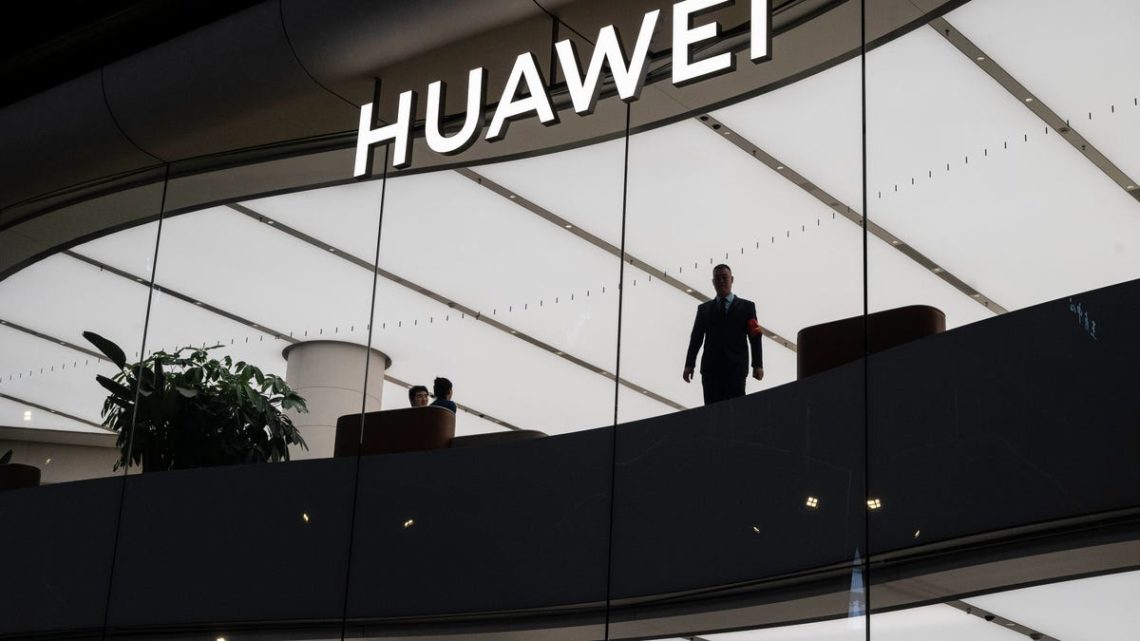Nvidia (NVDA) stock fell almost 5% Monday morning as investors digested growing fallout from the Biden and Trump administrations’ efforts to curb the company’s chip sales to China.
The latest restrictions — announced last week by the White House — tighten the noose on Nvidia’s ability to sell its advanced AI chips abroad. Now Chinese competitors appear ready to fill the gap.
A sharp blow came Monday from reports that Huawei plans to begin mass shipments of its own advanced AI chip — the 910C — as early as next month. The move underscores China’s accelerating effort to sidestep U.S. technology restrictions, and positions Huawei, one of China’s largest tech companies, as a potential beneficiary of the crackdown on Nvidia.
Analysts at Jefferies (JEF) told CNBC (CMCSA) the new export rules may ultimately “do more to help Chinese chip companies than hurt them,” by forcing domestic buyers to pivot away from U.S. suppliers. Meanwhile, Nvidia CEO Jensen Huang traveled to China last week for damage control, attempting to reassure partners and regulators that the company still wants to do business there.
The White House’s tighter restrictions — part of a tech containment strategy and one more front in the administration’s trade war — specifically target Nvidia’s H20 chip, a product originally designed to comply with earlier export rules. The decision marks a strategic shift: a U.S. willingness to inflict damage on its own most valuable semiconductor company to prevent China from gaining access to leading-edge AI tools.
Beijing, for its part, has slammed the U.S. approach and President Donald Trump’s attempts to pressure other countries to cut their own trade with China. On Monday, China’s foreign ministry said it firmly opposes any trade agreements between the U.S. and third-party countries “at the expense of China,” framing the moves as aggressive rather than defensive.
Shares of Nvidia are down about 17% in the last month. The Nasdaq has fallen 10% over the same period, while the S&P 500 is down 8%.
Nvidia’s global significance helps explain the U.S. market’s swift reaction. With a market cap approaching $2.5 trillion, it’s not only the world’s most valuable chipmaker, but the foundational force in AI infrastructure — powering data centers, large language models, and emerging technologies across sectors. Analysts estimate Nvidia controls more than 80% of the AI training chip market, making it a linchpin in the global tech arms race.
Its dominance also means Nvidia’s stock movements can sway the entire U.S. market. The company now makes up more than 6% of the Nasdaq 100 and about 5.5% of the S&P 500. As a result, Washington’s deepening trade war with China isn’t just geopolitical theater — it’s triggering real volatility and wiping out investor value across indexes, with Nvidia squarely in the middle of the storm.
The post Nvidia stock slides 5% as U.S. curbs backfire, boosting China’s chip ambitions appeared first on Quartz.




